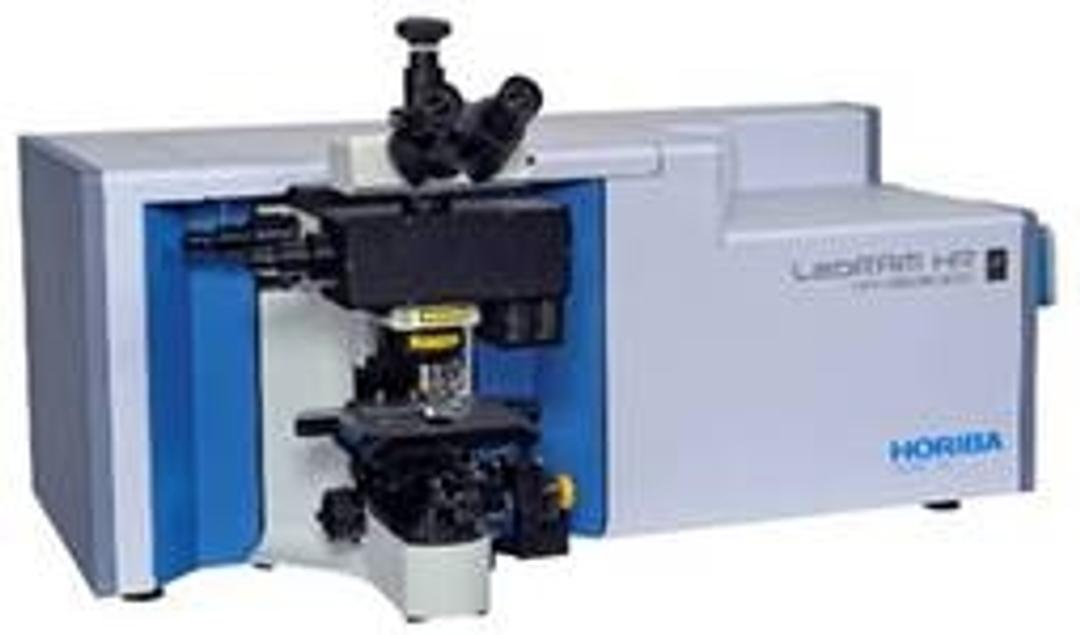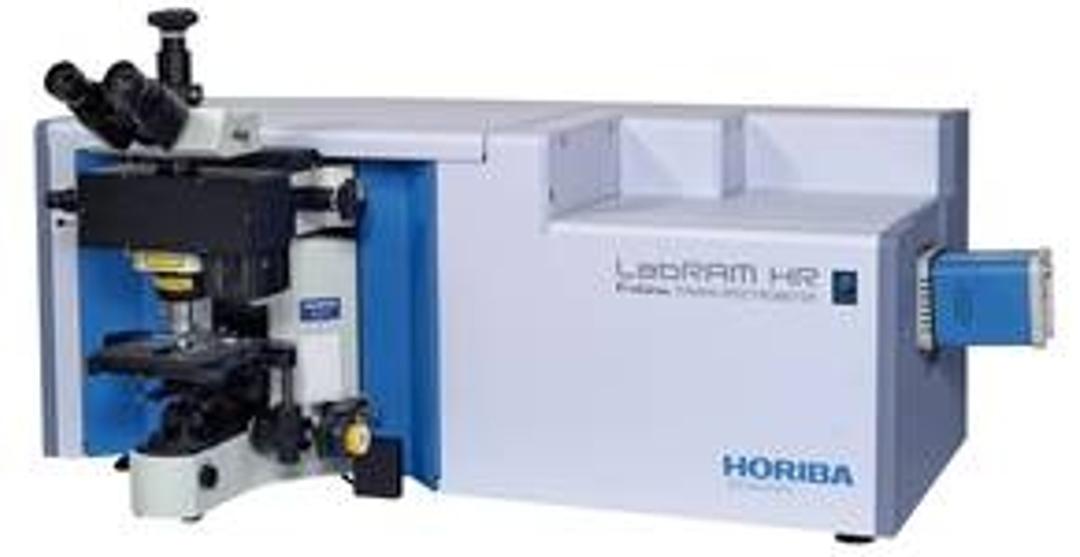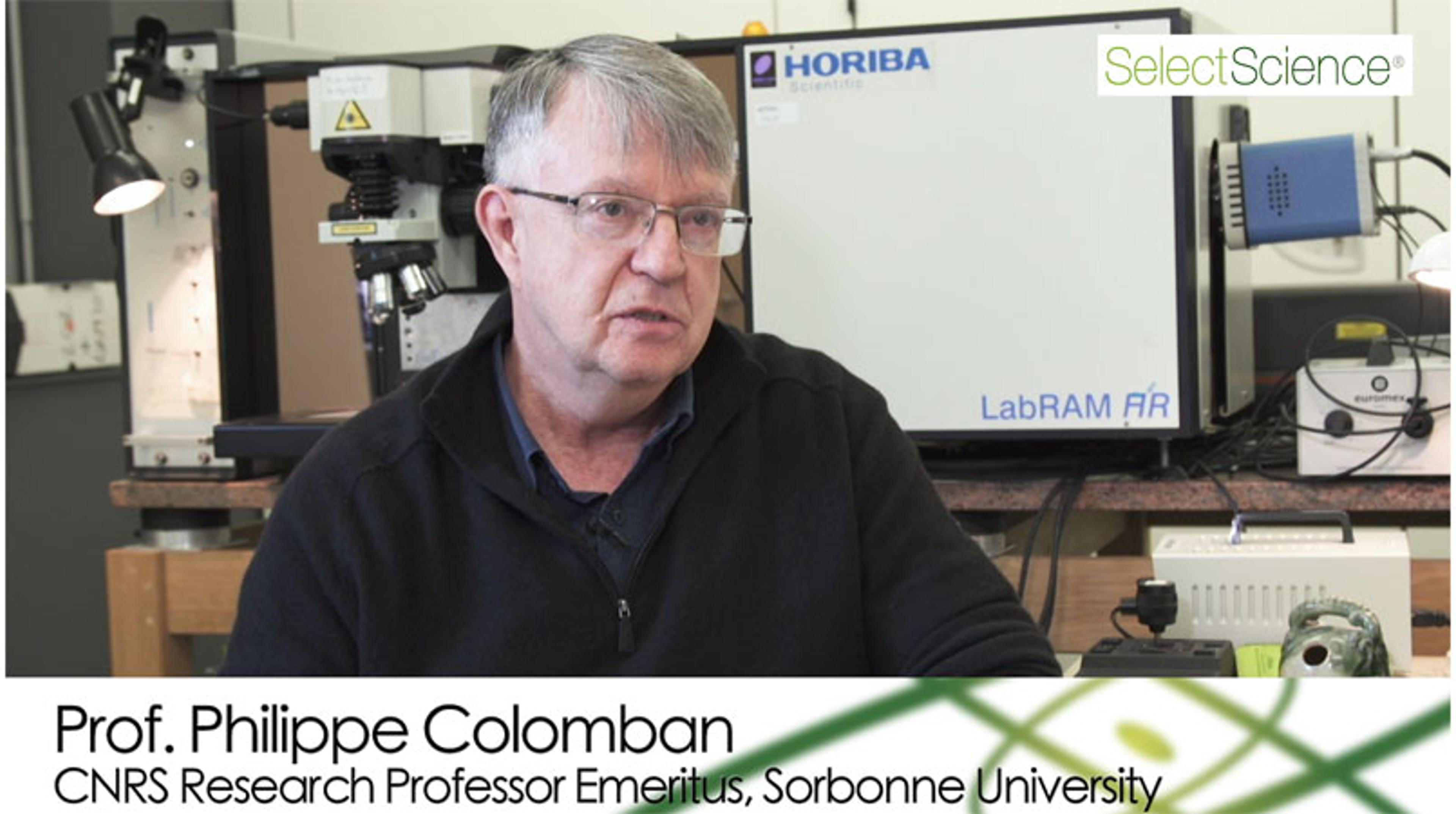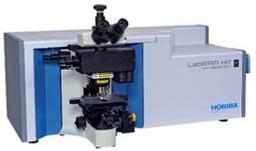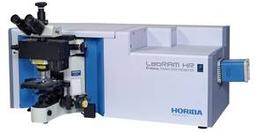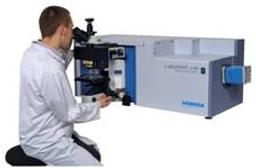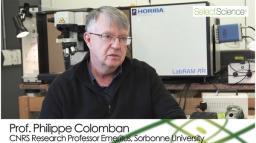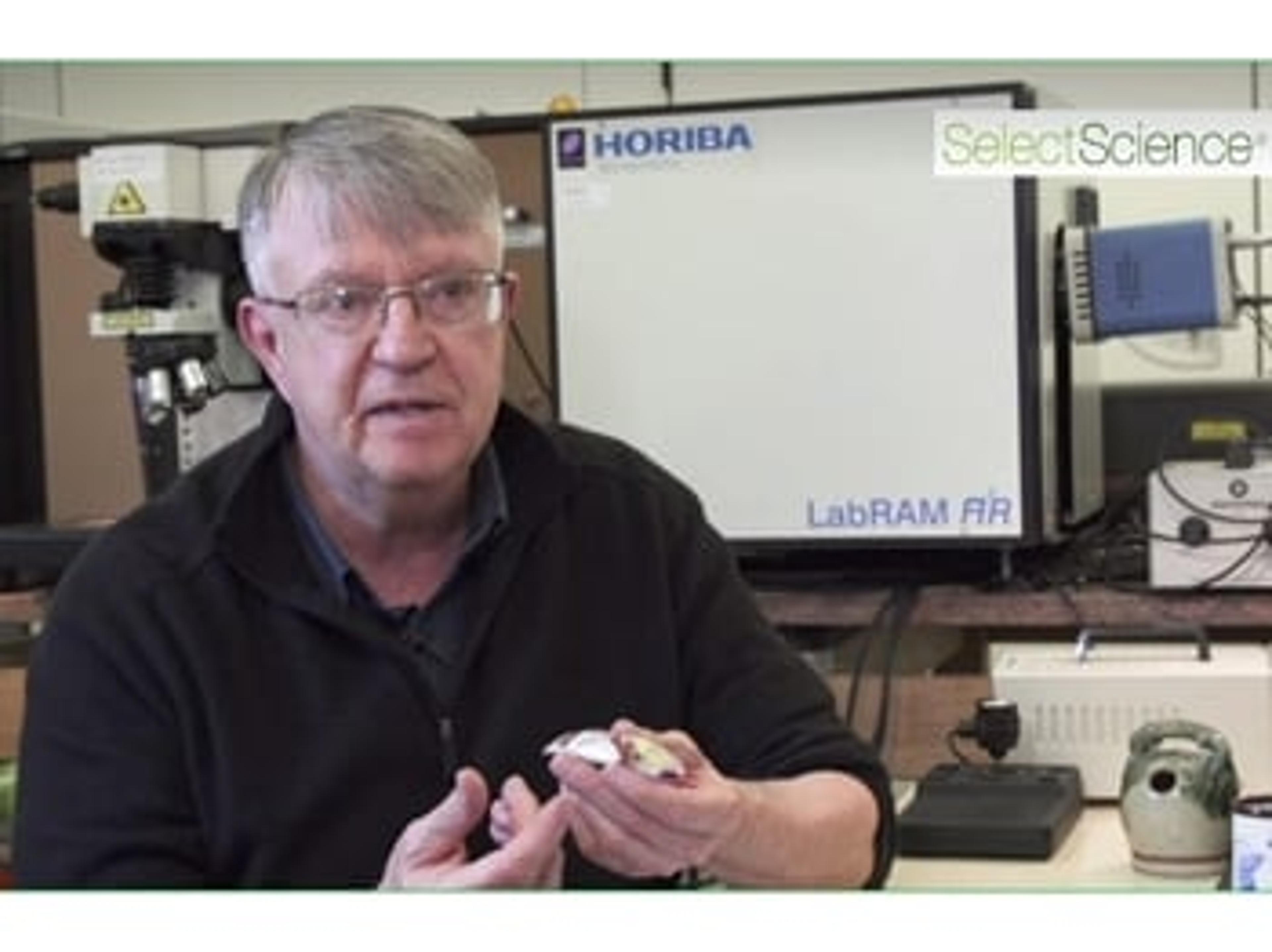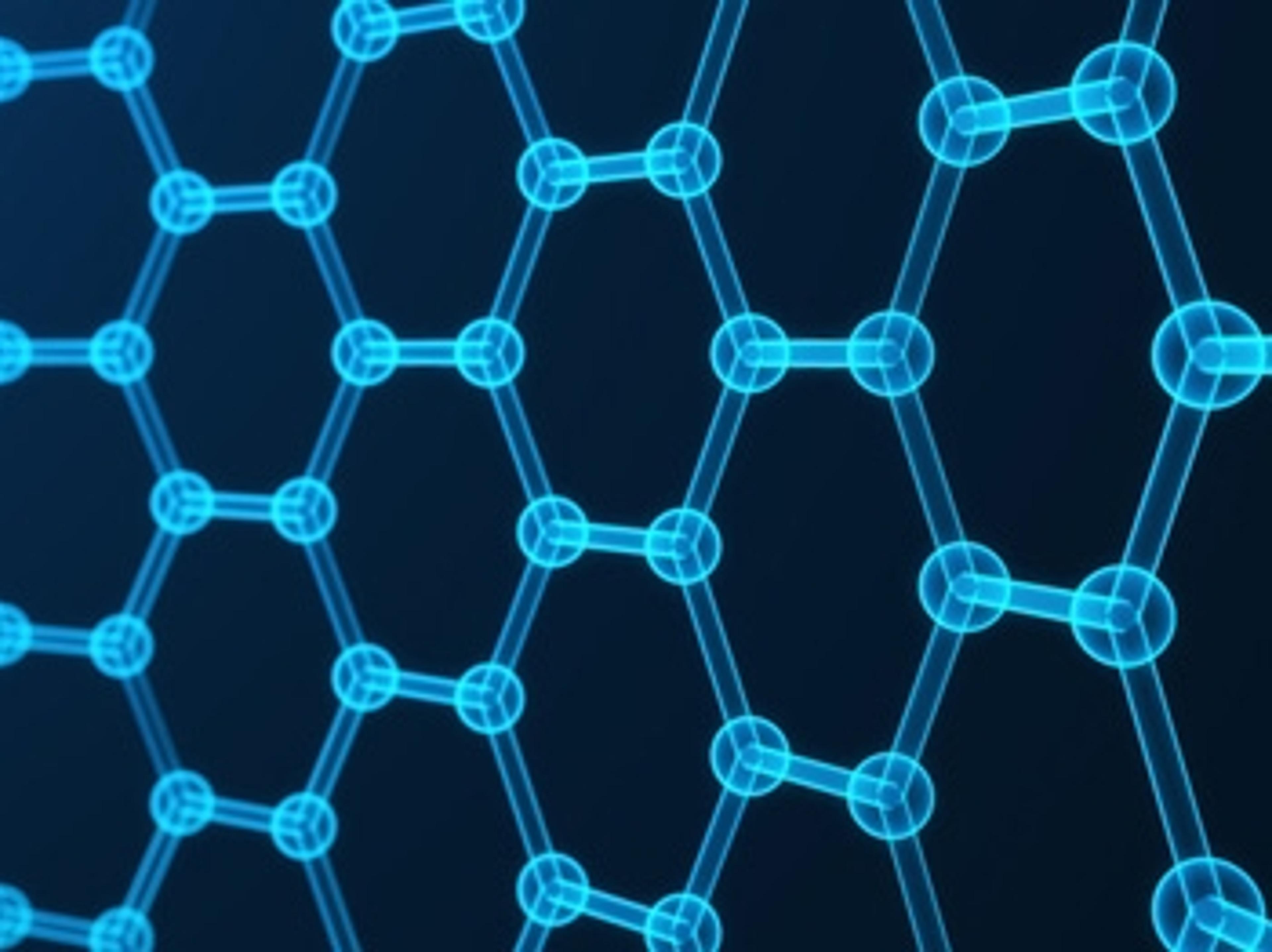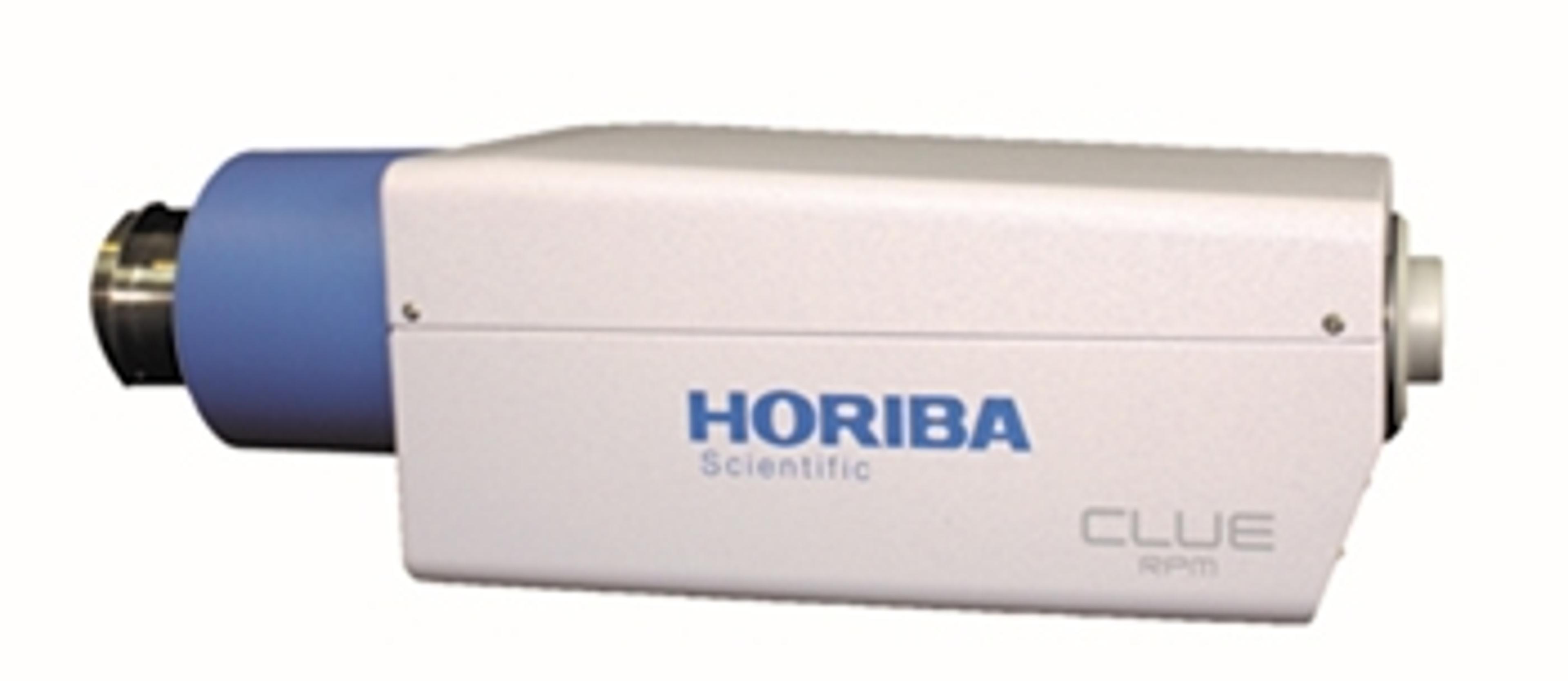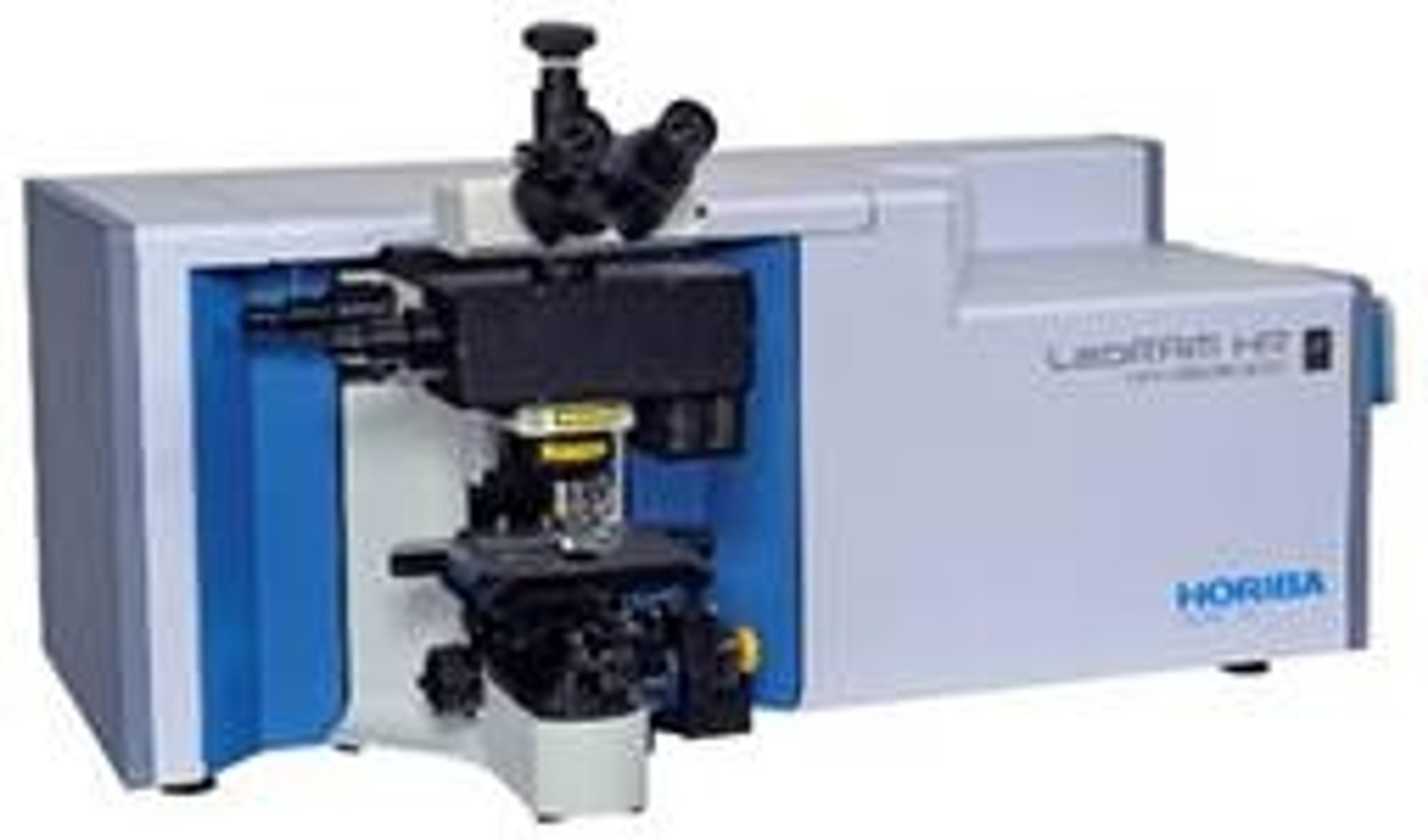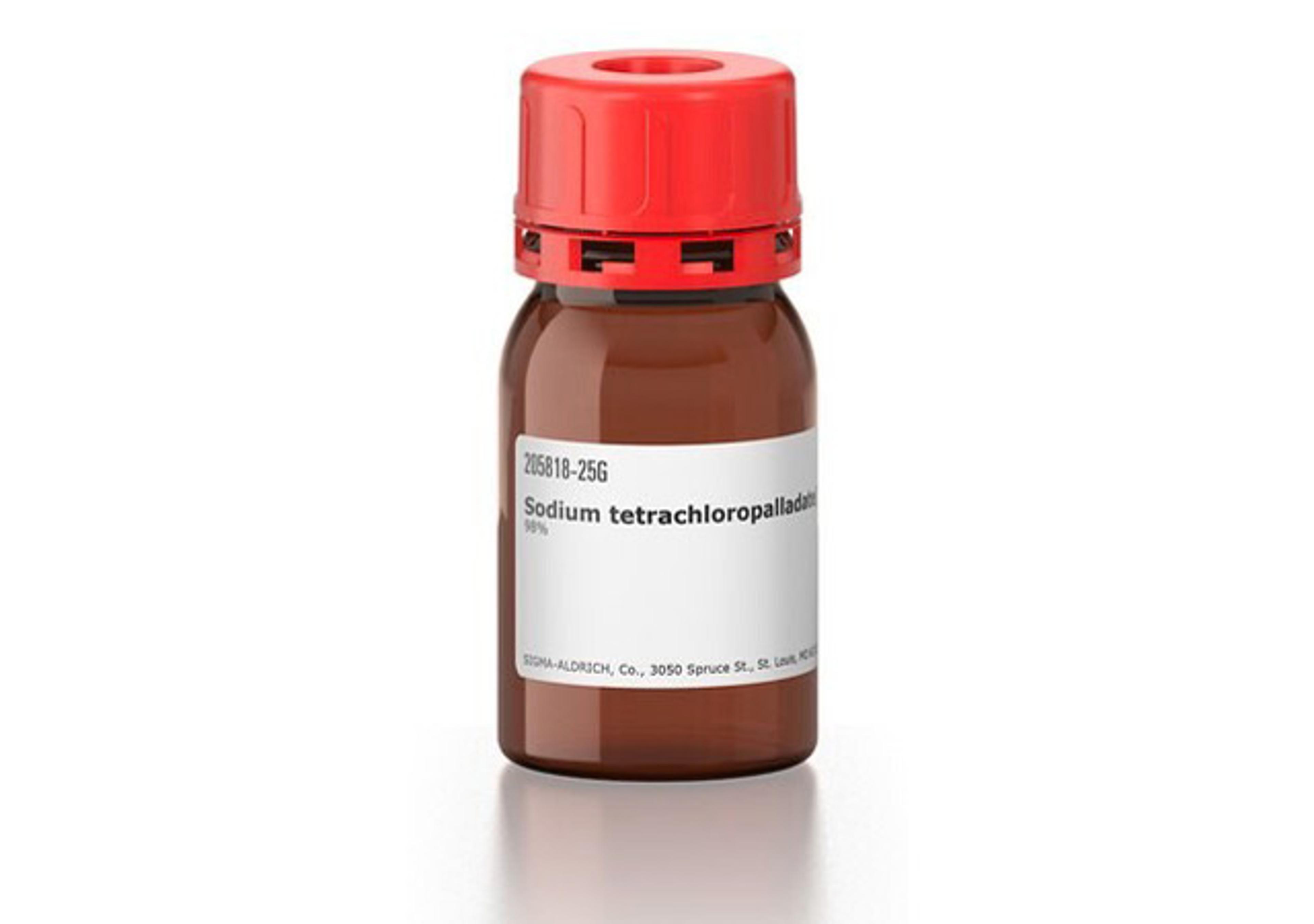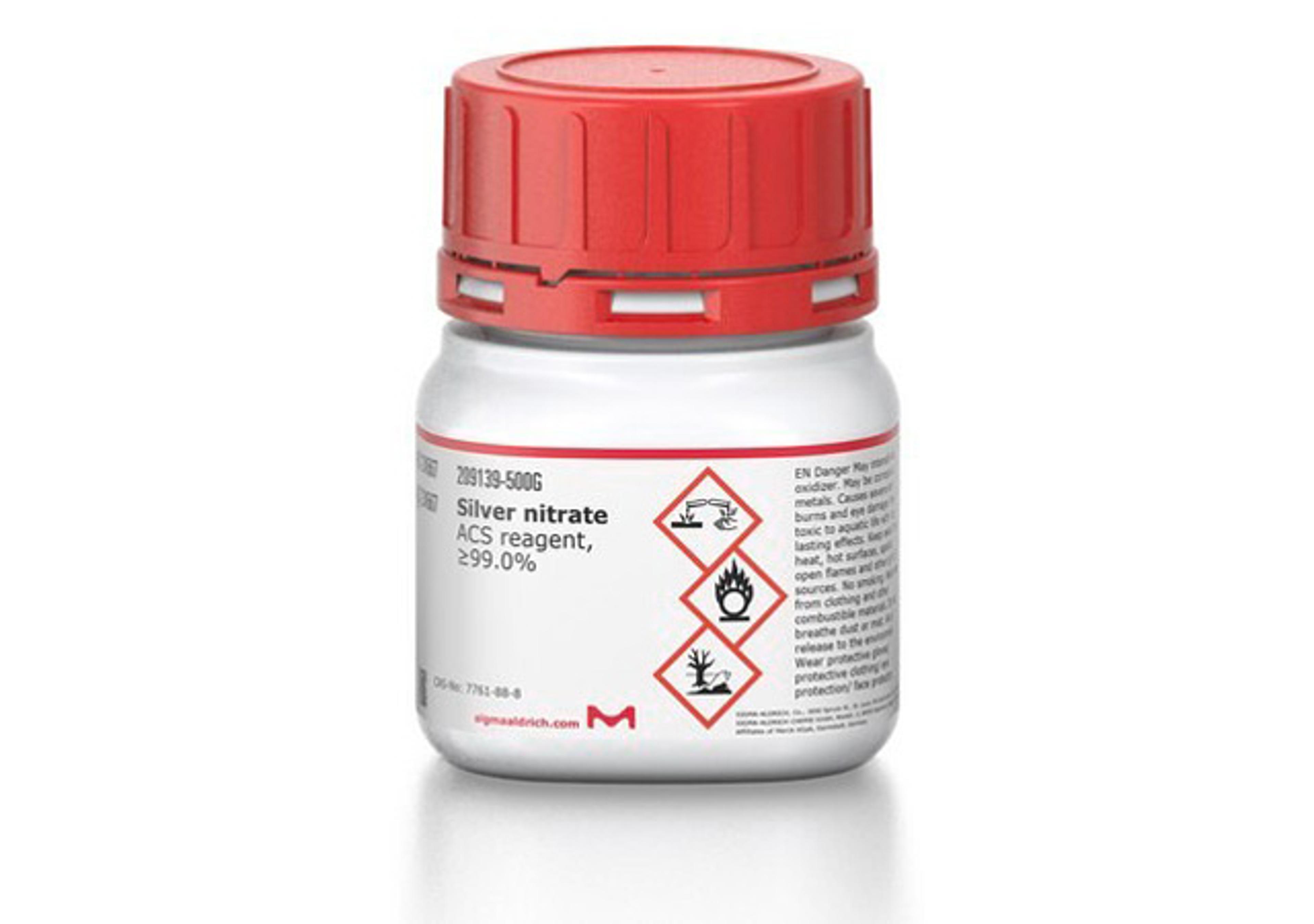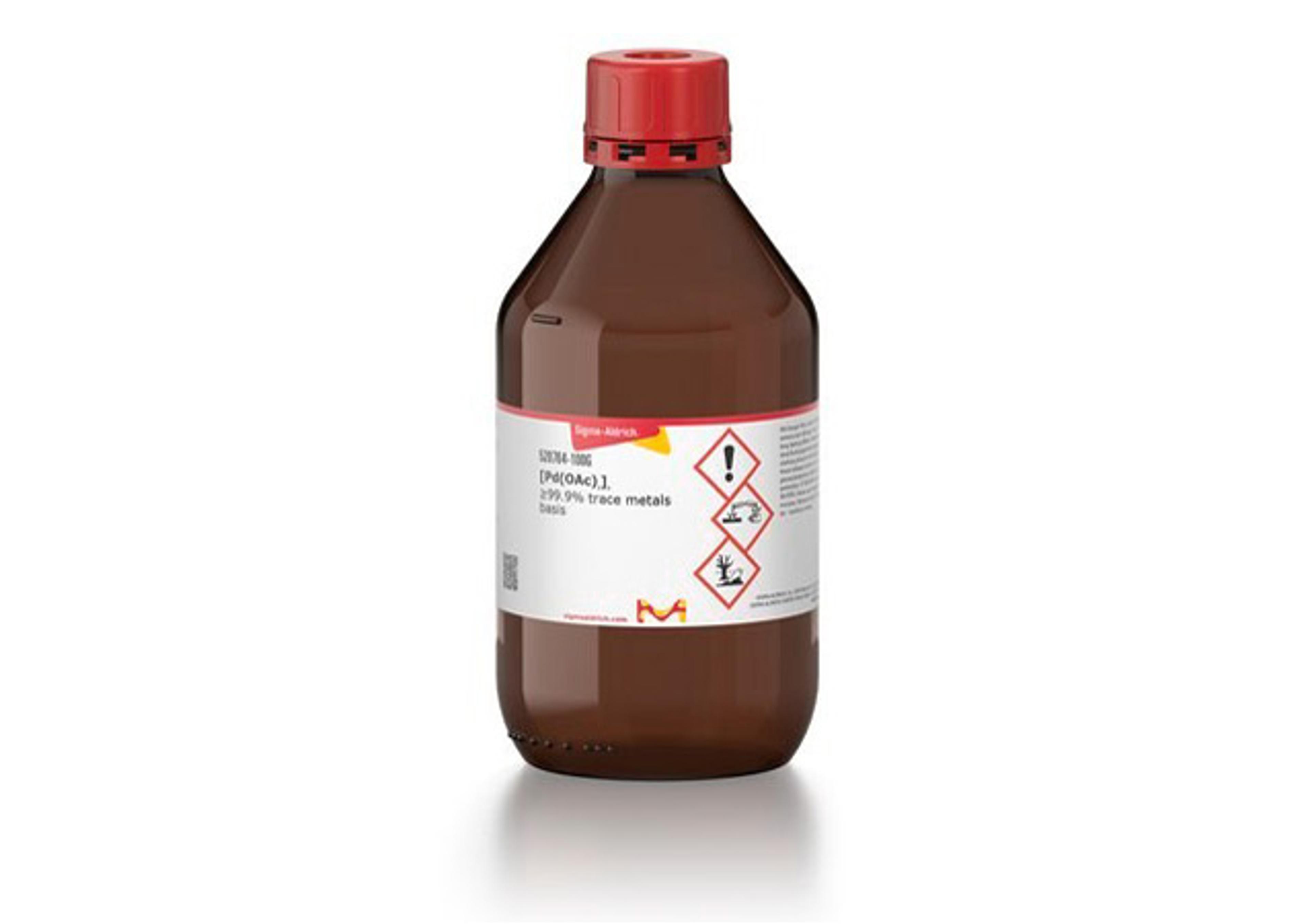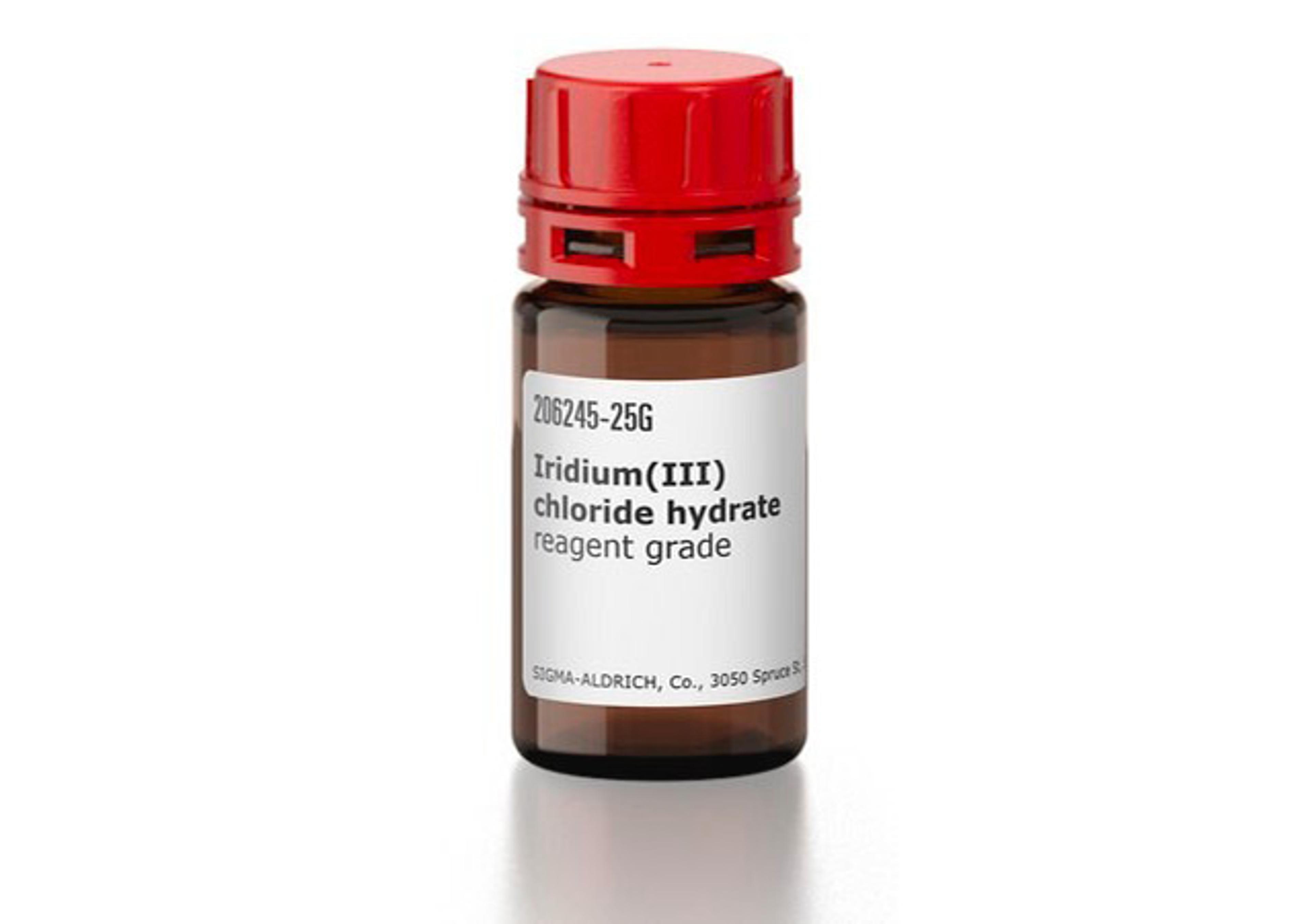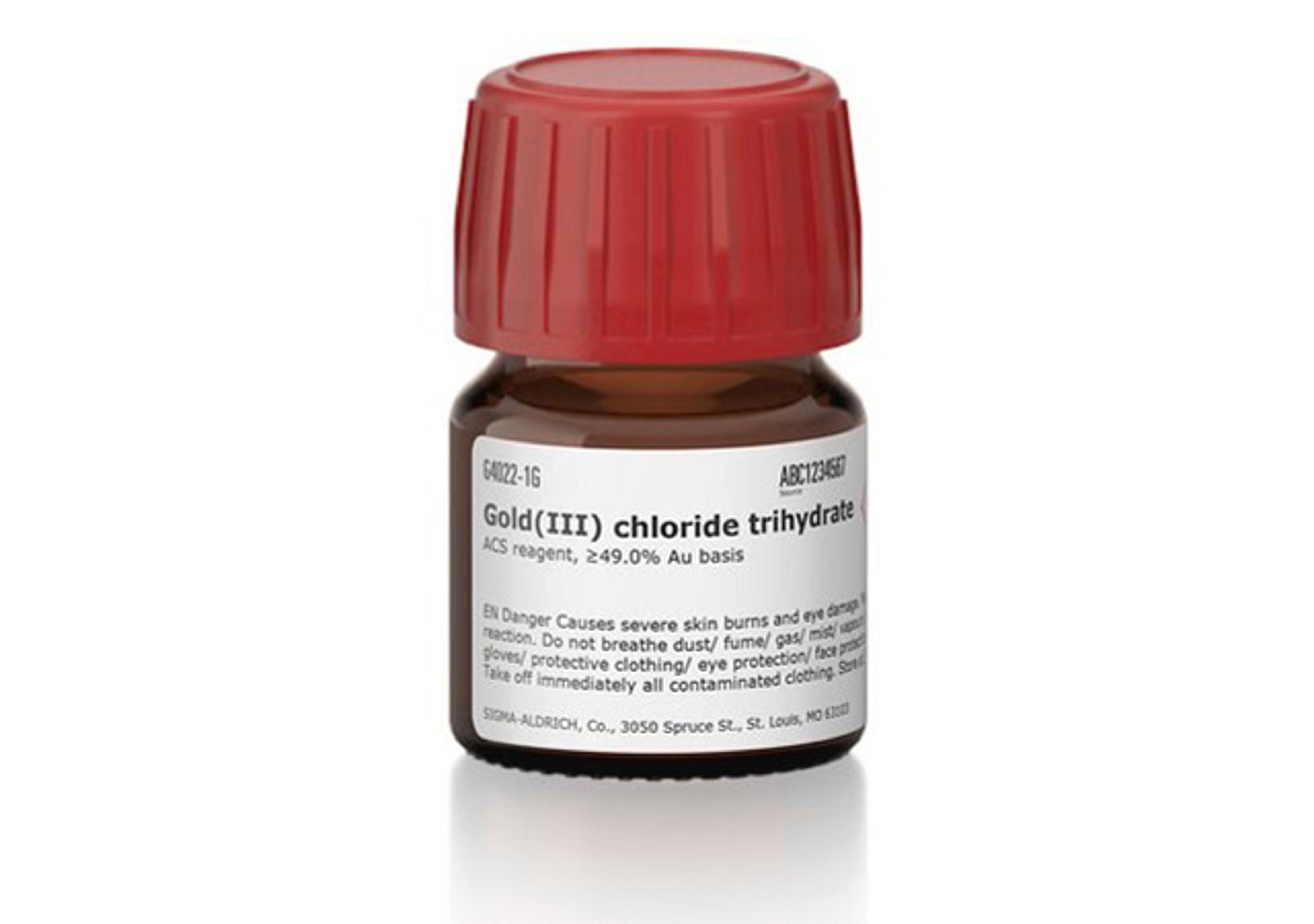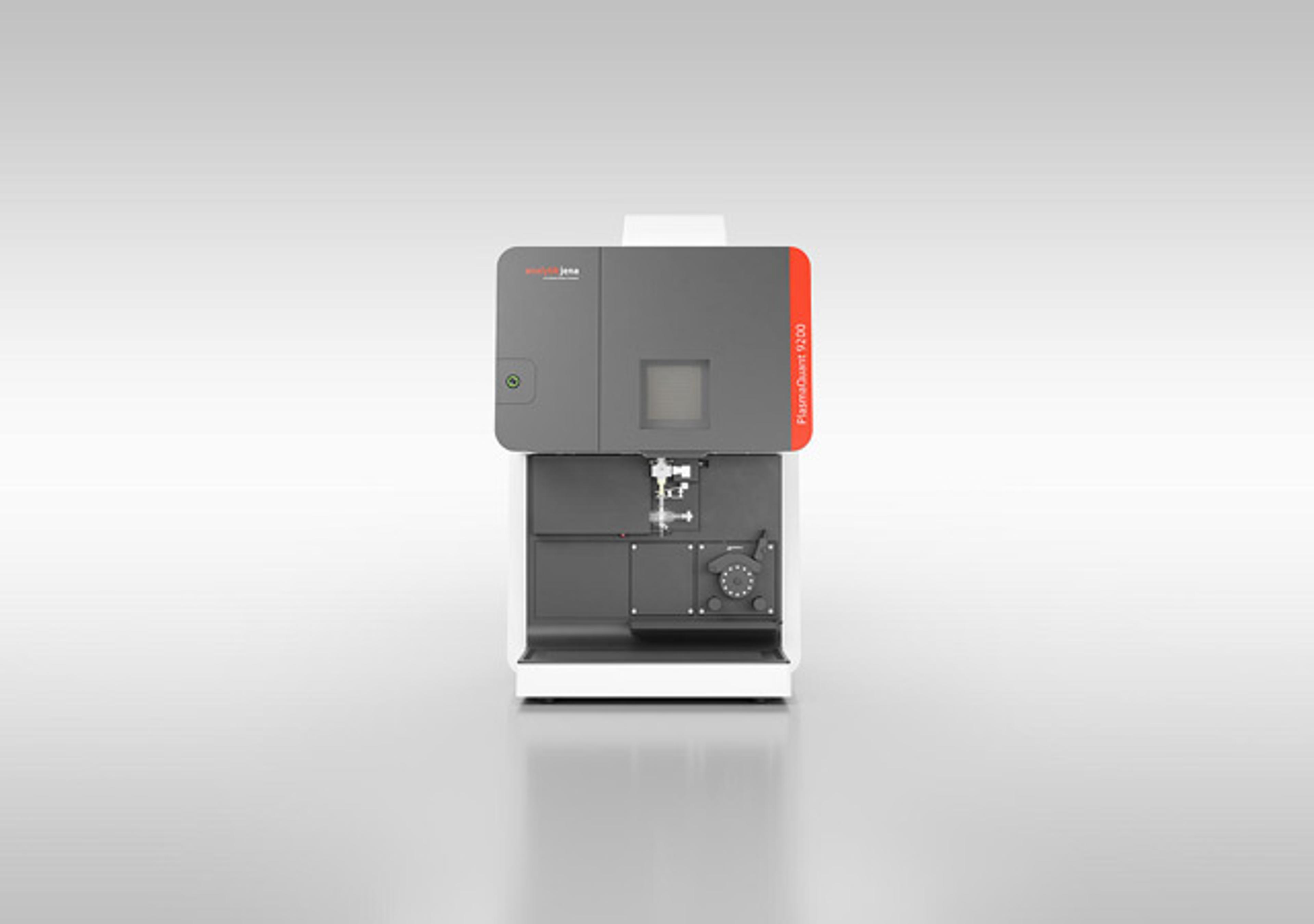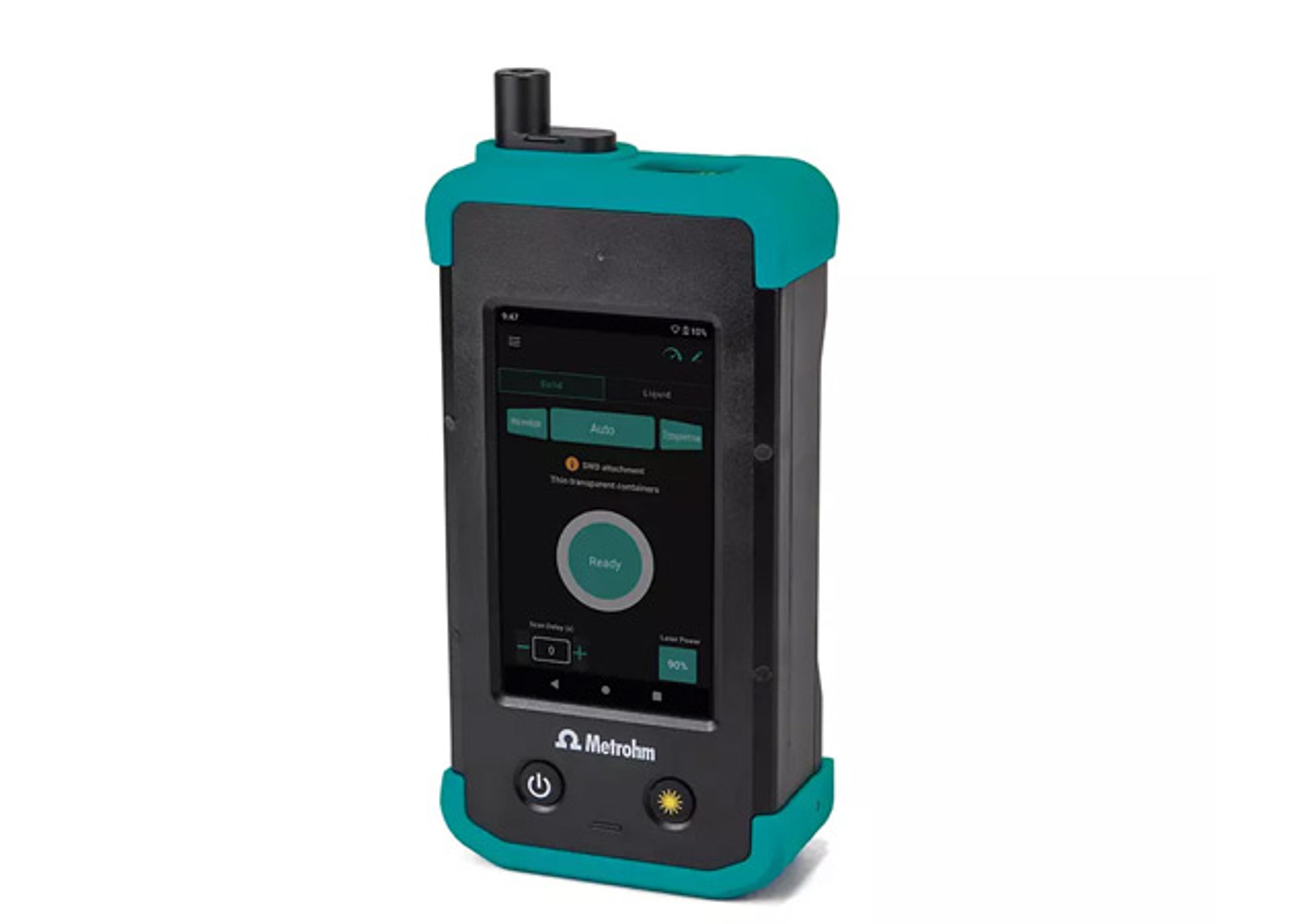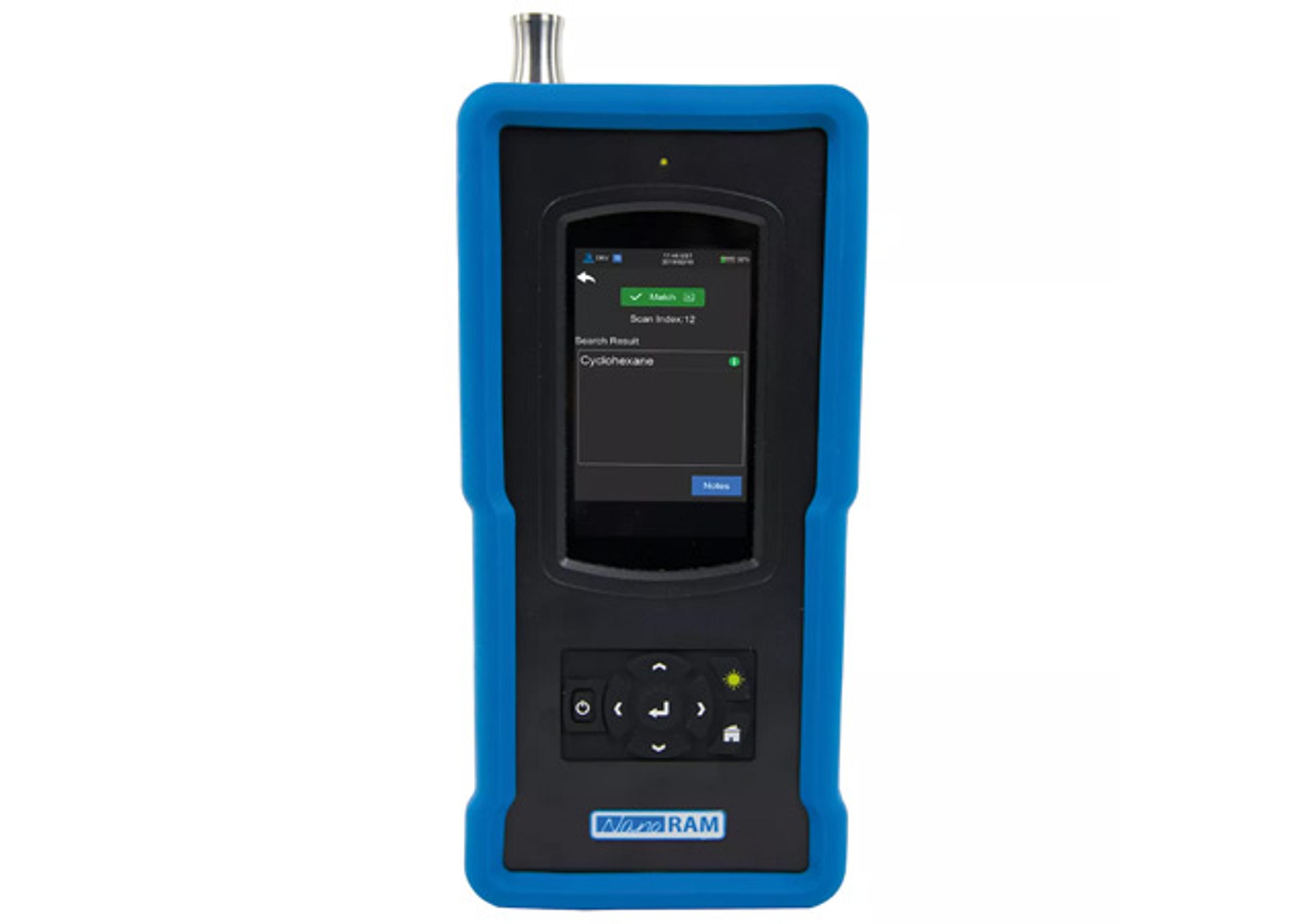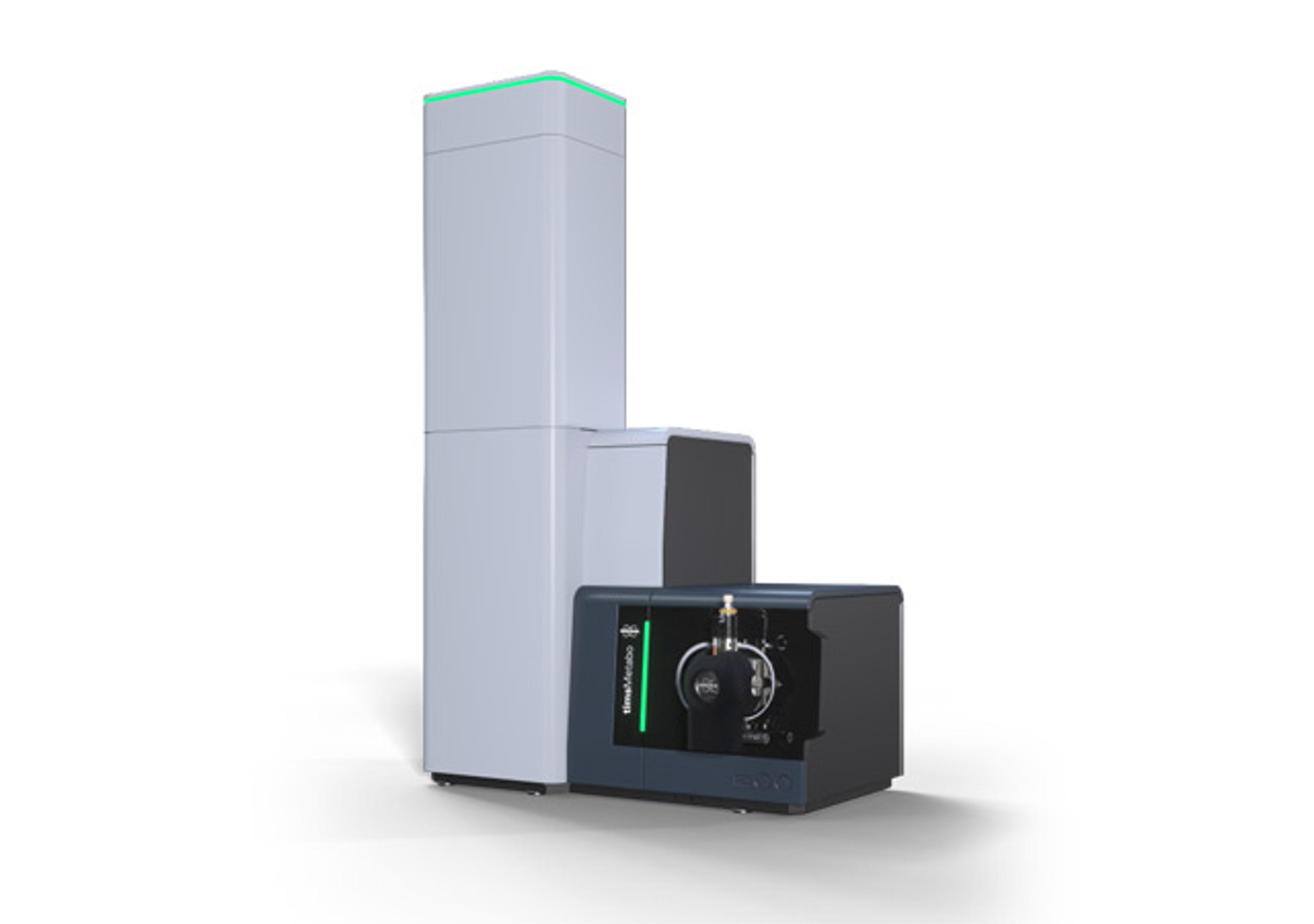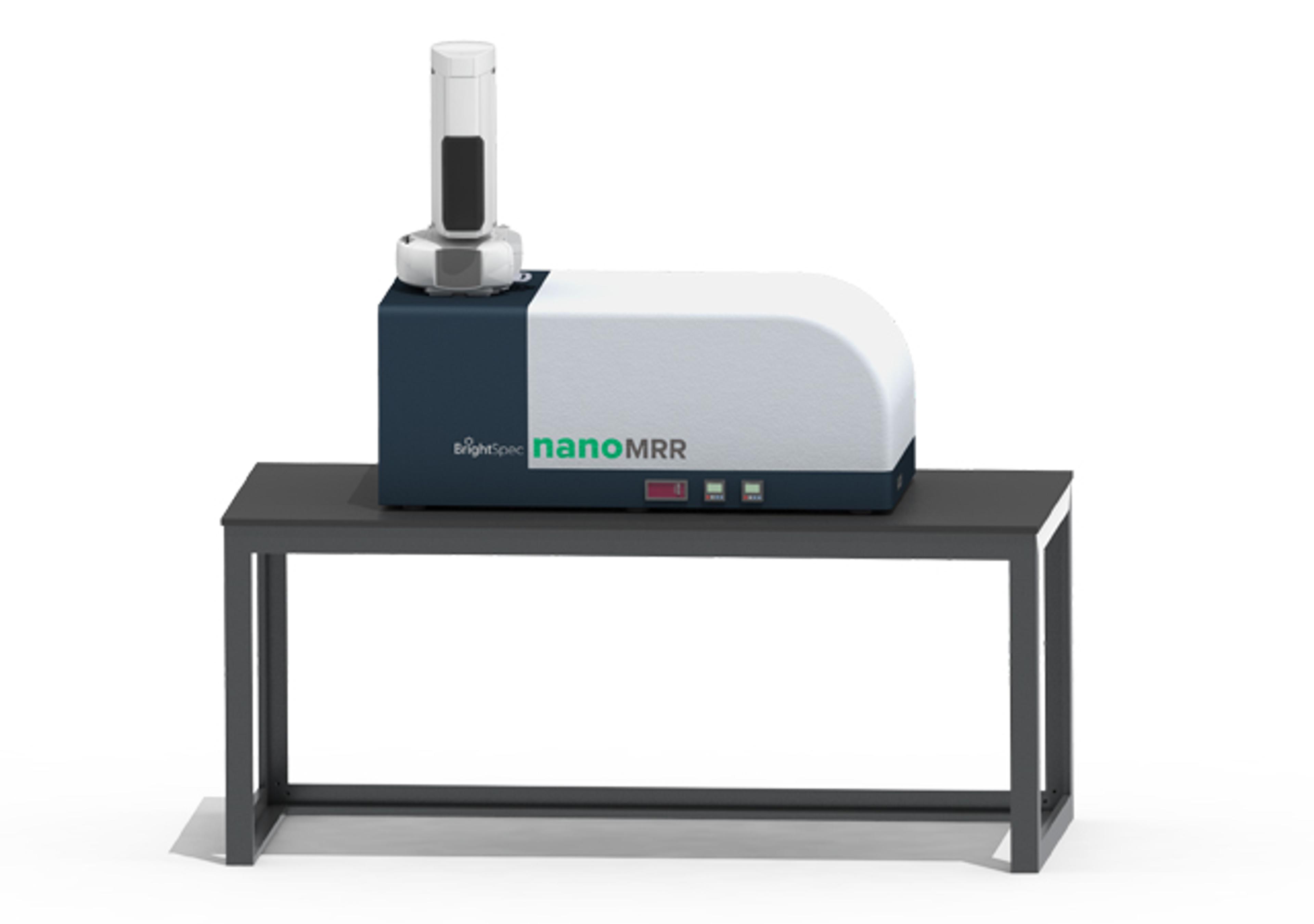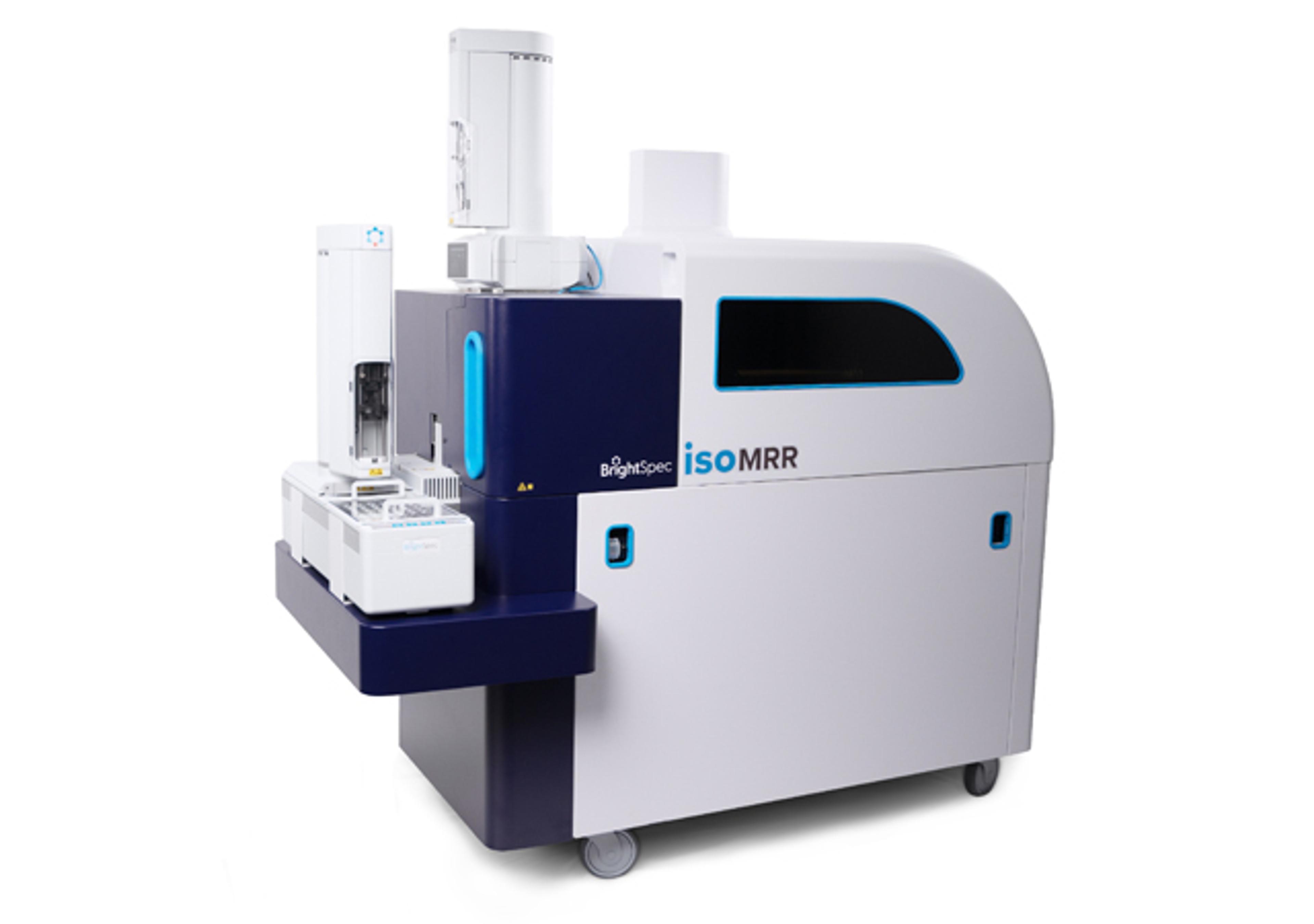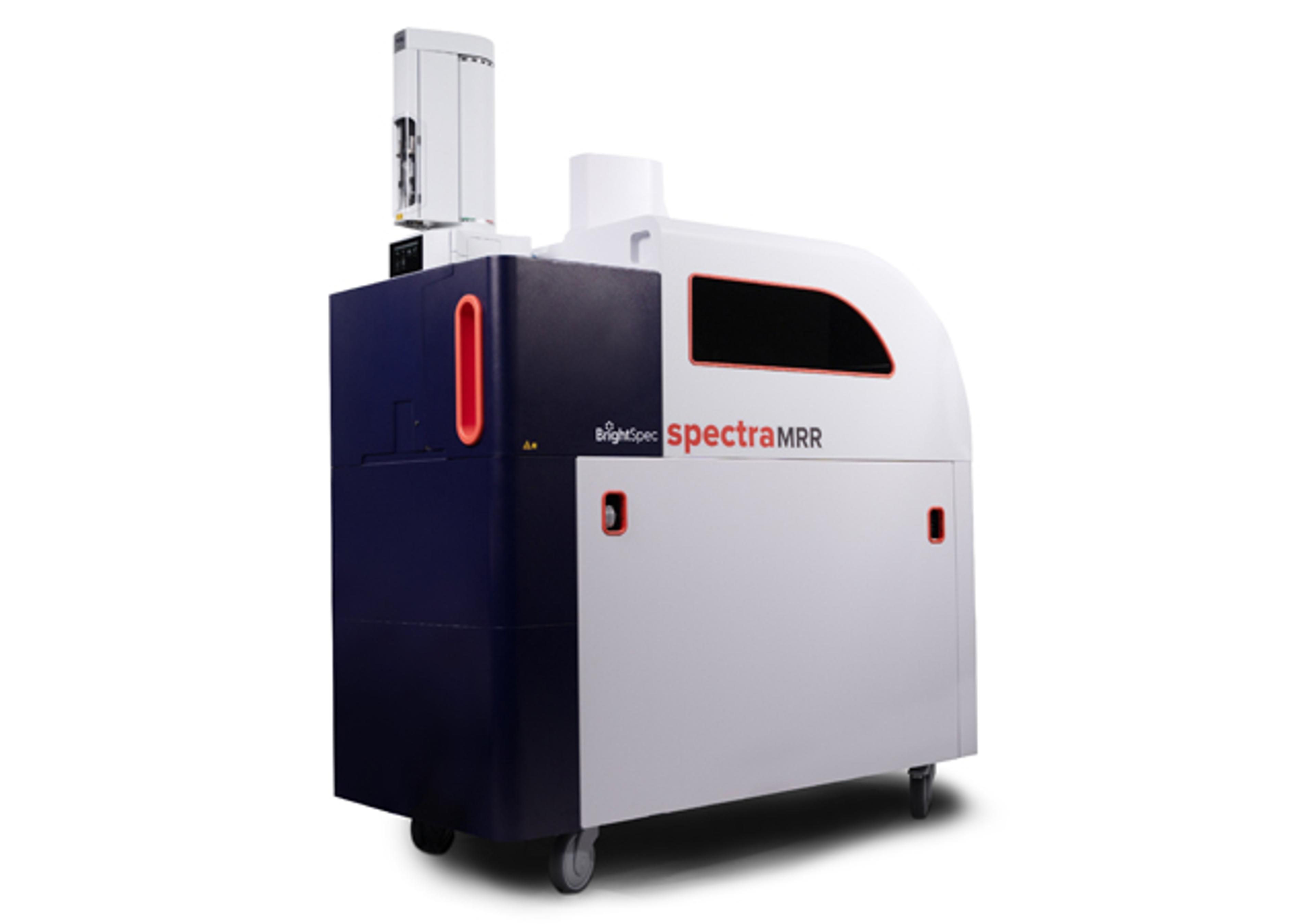LabRAM HR Evolution
Research Raman made easy!

The supplier does not provide quotations for this product through SelectScience. You can search for similar products in our Product Directory.
Great results can't beat this configuration of equipment
Characterization of materials science
It's easy to use, you have to chose 3 lasers from uv, NIR, and visible. The best ones for me are the UV 325nm thin film thickness below 500 nm OR 250nm laser for mineralogical samples, visible laser 633 nm, and NIR 785nm. Grating 300gr/mm 600gr/mm 1800 and 2400gr/mm chose the PL function and good cmos detector.
Review Date: 16 Jul 2022 | HORIBA Scientific
Great performance and reliability, value for money.
Materials science and nanotechnology
This model is very user friendly and powerful tool for research. It is has been very productive for our research and it is extensively used by our group. Results are reproducible and reliable in this machine. The price is very competitive and the instrument is a value for money. I would recommend it to everyone in nanoscience and nanotechnology and materials science. This instrument has been an asset for our group.
Review Date: 18 Jun 2021 | HORIBA Scientific
Great product, absolutely essential to our research.
Molecular fingerprinting, vibrational spectroscopy
The product is excellent for our needs. Optical spectroscopy is a fast technique to assess material properties or to carry out molecular fingerprinting. It is applicable in materials research and biomedical research.
Review Date: 2 Feb 2021 | HORIBA Scientific
Great device.
Raman
Good equipment, very versatile.
Review Date: 30 Oct 2020 | HORIBA Scientific
Great HR Raman analysis coupled with extremely high spatial resolution.
Earth science, environmental science
High quality and reproducible results. The high flexibility of set up allows fantastic analysis conditions. Timely and careful assistance.
Review Date: 8 Jun 2020 | HORIBA Scientific
The ultimate instrument for Raman spectroscopy with great signal to noise ratio.
Nanomaterials, semiconductors
The LabRAM HR Evolution Raman Microscope from HORIBA Scientific, is a very easy to use, yet very powerful instrument that can obtain spectra easily. The microscope provides an unbeatable combination of fully automated hardware controlled by their LabSpec 6 software. It features advanced 2D and 3D confocal imaging capabilities, and fully automated extended wavelength range capability from basic spectrum acquisition to hyperspectral confocal imaging. The fully automated system can have up to 6 lasers, filters, 4 detectors, polarization, microscope functions, fiber options, and calibration and alignment flexibility. Suitable for a wide range of applications including life sciences, pharmaceuticals, materials analysis, semiconductor, forensics, and geology. In essence, the LabRAM HR Evolution is the ultimate instrument for Raman spectroscopy.
Review Date: 22 May 2020 | HORIBA Scientific
Robust equipment with future updates.
Raman spectroscopy
Very good equipment if you know how to use it. There are some option to add. The photoluminescence and Labspec software and the rapid identification algorithm could be improved.
Review Date: 19 May 2020 | HORIBA Scientific
We got really great results using this system and the company is taking care of us.
Analyzing organic and inorganic materials, development and investigation of SERS substrates
I recommend this system for researchers who are dealing with organic and inorganic materials, and who would like to study 2D and nano-sized carbon materials.
Review Date: 16 Mar 2020 | HORIBA Scientific
Great instrument.
Biomedical
High vitiality product, allows us to work with different types of samples.
Review Date: 6 Mar 2020 | HORIBA Scientific
Sensitive, but not user-friendly.
Spectroscopy
I think this Raman microscopy system is very sensitive but not very user-friendly. I also think that the material used to construct the instrument is not very high quality.
Review Date: 6 Mar 2020 | HORIBA Scientific
The LabRAM HR Evolution systems are ideally suited to both micro and macro measurements, and offer advanced confocal imaging capabilities in 2D and 3D.
The true confocal microscope enables the most detailed images and analyses to be obtained with speed and confidence. With guaranteed high performance and intuitive simplicity, the LabRAM HR Evolution is the ultimate instrument for Raman spectroscopy. They are widely used for standard Raman analysis, photoluminescence (PL), tip enhanced Raman scattering (TERS) and other hybrid methods.
Features:
- High spatial and spectral resolutions
- UV to NIR
- Ease of use and ergonomy
- Ultra-Fast confocal imaging
- Raman-AFM and TERS compatible
- Ultra-Low Frequency
- Automated particle location and chemical ID
- Finding the best conditions for sample analysis
- CaptuR laser trapping

